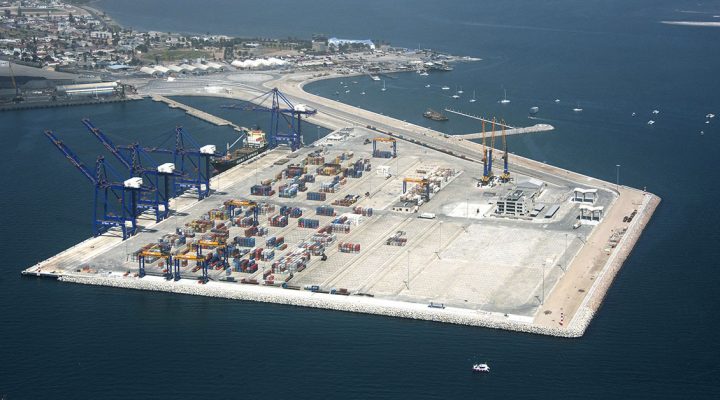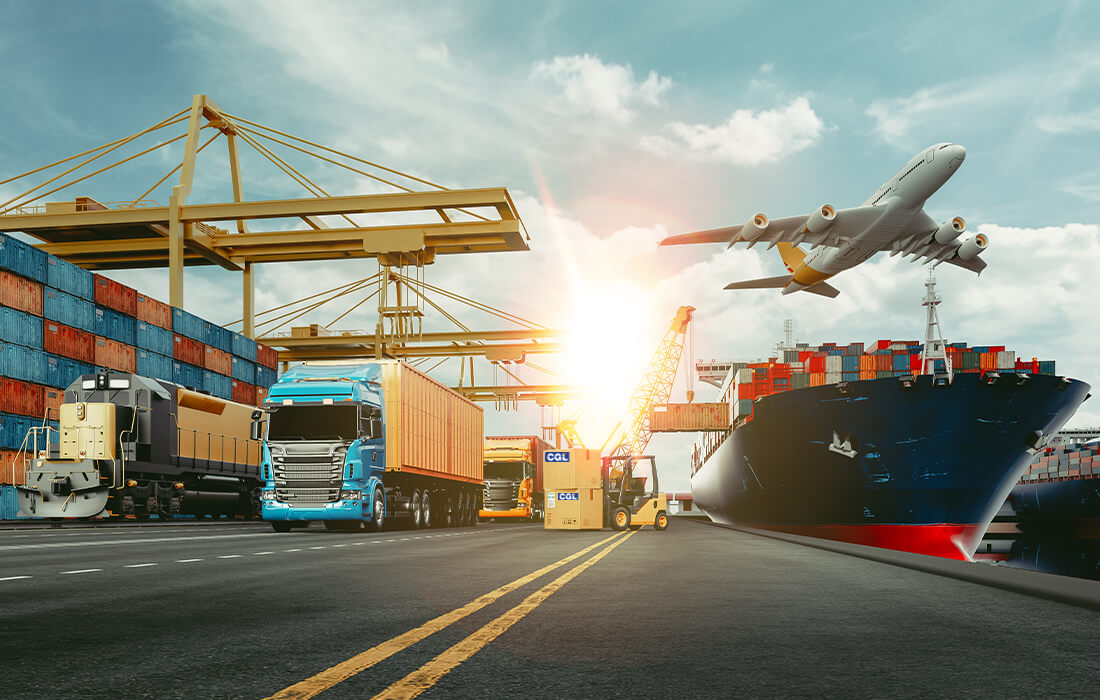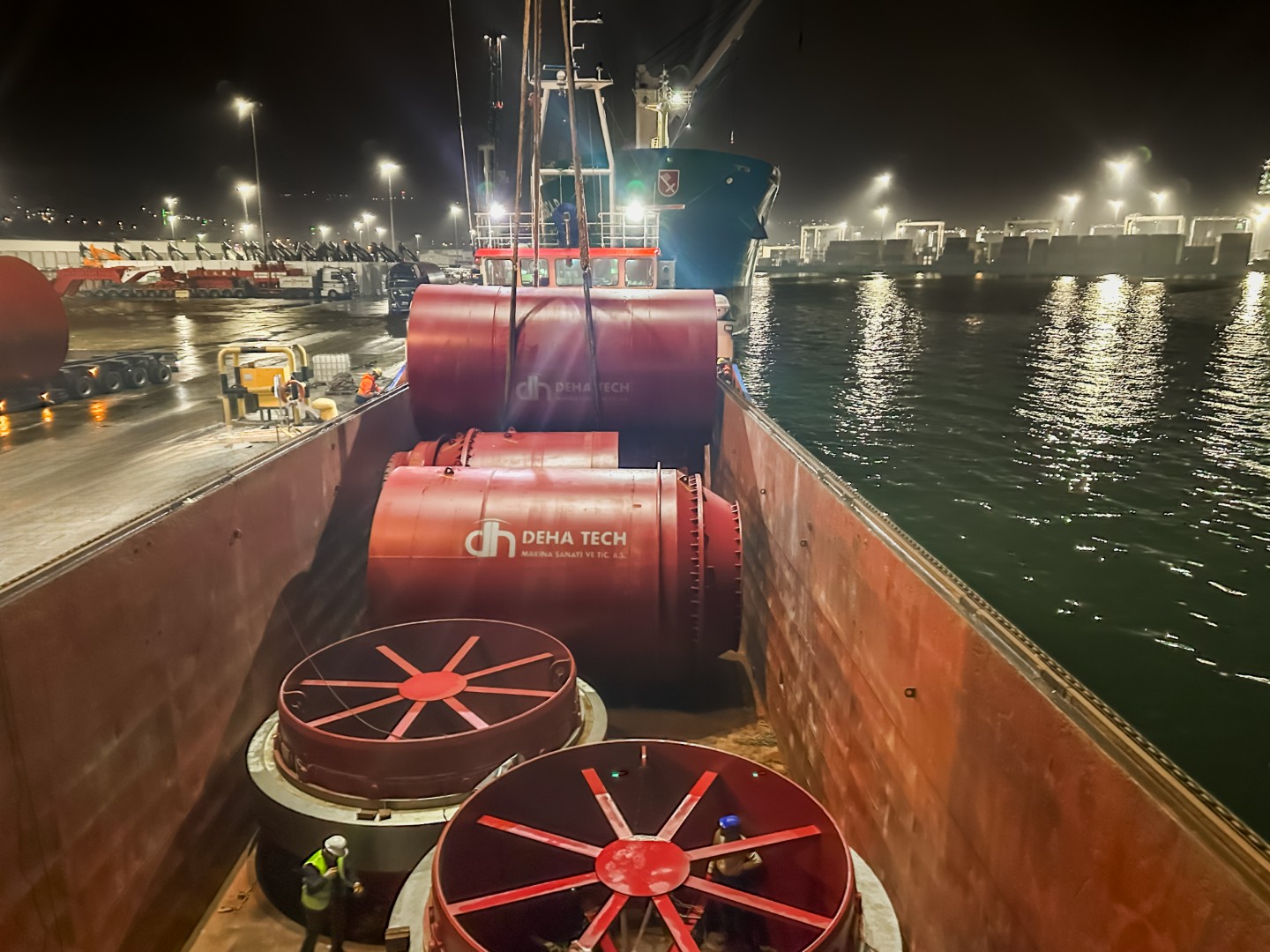
Operational Risks and Solutions in West African Ports
West Africa has emerged as a strategic player in global logistics due to increasing trade volumes and infrastructure investments. However, logistics and maritime companies operating in this region often face significant operational risks. In this article, we explore the key challenges at West African ports and present practical solutions to mitigate them.
1. Infrastructure Deficiencies and Delays
Many West African ports suffer from outdated equipment, limited berth capacity, and insufficient crane infrastructure, which often leads to substantial delays.
Solution: Encouraging private investments, implementing public-private partnership (PPP) models, and embracing digitalization are essential for modernizing port infrastructure.
2. Customs and Bureaucratic Challenges
Complex customs procedures, inconsistent regulations, and heavy bureaucracy cause significant delays in the supply chain.
Solution: The adoption of electronic customs systems, single window platforms, and alignment with international standards can streamline operations.
3. Security Risks and Corruption
Bribery, smuggling, and organized crime pose serious security threats in certain ports, affecting operational integrity.
Solution: Adopting international security protocols (e.g., ISPS Code), implementing third-party audits, and promoting transparency are critical for risk mitigation.
4. Human Resource and Training Gaps
A lack of qualified workforce leads to inefficiencies and operational errors.
Solution: Localized training programs and certification systems should be implemented to develop a skilled labor force.
5. Communication and Coordination Deficiencies
Poor coordination among port stakeholders can lead to operational bottlenecks and inefficiencies.
Solution: Developing integrated Port Community Systems (PCS) that include all stakeholders is vital for improved communication and efficiency.
Enhancing operational efficiency in West African ports is essential to strengthening the region’s position in global trade. Recognizing these risks and proactively addressing them offers a strategic edge for both regional and international stakeholders.


